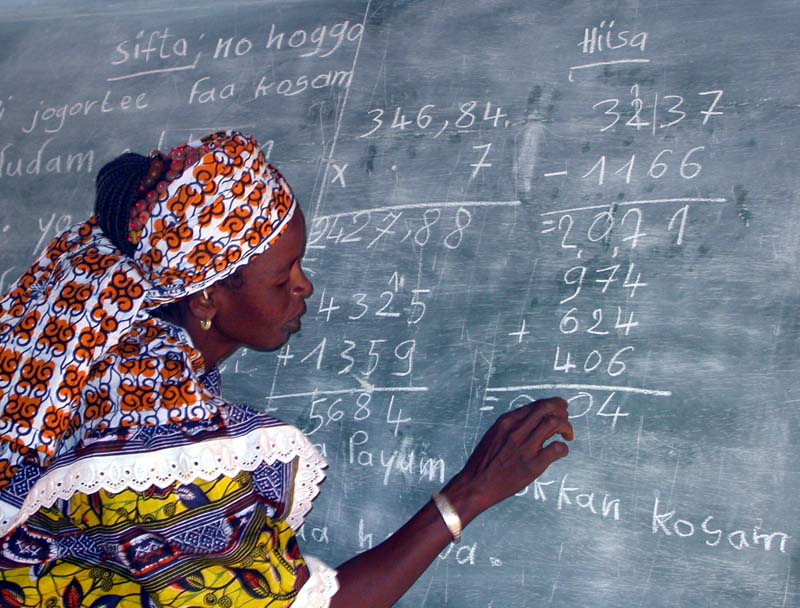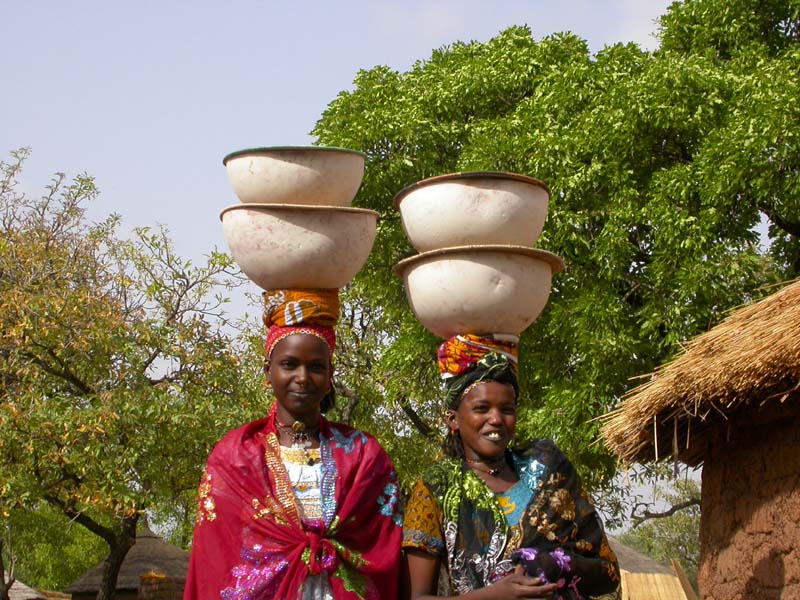« No community can be held responsible for the acts of one of its members …
There is no collective liability in Burkinabè legislation »
After the clash between the Fulani and Bissa communities, which resulted in 7 casualties, the Burkinabè newspaper L’ Evénement (bimonthly) of January 10, 2013 published an important dossier « What to do about the Fulani issue ? » This detailed report enables us to better understand the events of December 31st in Sector 7 in Zabré. It also highlights the standpoint of the government : « Impunity in exchange for apologies » will no longer be the rule. Is the government of Burkina finally determined to take action towards a peaceful settlement of the Fulani issue ?

 This is what « L’Evénement » hopefully implies when it writes : « The dramatic events of Zabré seem to indicate that an increasing awareness is emerging, judging by the first reaction of the authorities concerned. For the first time a government minister has publicly recognised that « the violence was directed against a community ». And that collective liability does not exist in Burkinabè legislation.
This is what « L’Evénement » hopefully implies when it writes : « The dramatic events of Zabré seem to indicate that an increasing awareness is emerging, judging by the first reaction of the authorities concerned. For the first time a government minister has publicly recognised that « the violence was directed against a community ». And that collective liability does not exist in Burkinabè legislation.
Here is an extract from the report : « The split between Fulani and Bissa in Zabré. The analysis is interesting and relevant. In particular I am convinced that if we made a similar inquiry on site, where such clashes occur between herders and farmers, we would find a great many similarities. This is the extract :
The split between the Fulani and Bissa communities at Zabré
The cohabitation of the Fulani and Bissa communities has become difficult recently. The recurrence of thefts of cattle is one of the main reasons. The Bissa regularly accuse the Fulani of being the perpetrators. Sambo, in their view, is the chief receiver of the stolen animals. Security guards are scarce in number and have not been able to stem the occurrence of thefts in the area. The fact that Sambo has been summoned to the police many times but then set free has convinced the Bissa people that taking legal action against Sambo no longer serves a purpose. He has always managed to disentangle himself.
«« It is the apparent impunity that has triggered all the events we have been through at present ». People have the impression that justice always is on the side of those who can pay » says one local authority. But members of the Fulani community feel that they also are victims of impunity.
« Fulani people have been killed for no reason and the culprits have been released shortly afterwards. We are unfairly accused of theft, we have had our hands tied and been beaten, but nobody reacts. It is as if we were sub-humans here. Even if a Fulani is caught in a village, he usually asks to be taken to the police station, but this is refused, » explains one Fulani leader
He sees the difficult cohabitation of Fulani and Bissa in recent years in a different light. He believes that it is related to the social progress of the Fulani community in the area.
« Previously our parents were there to guard the cattle of the Bissa . Today we no longer do that, because we both have our own animals. This is our occupation now and we are successful. We have become big farmers as well. We have good land and the cattle enriches our soil. All this naturally creates envy and we are aware of that. Last year I harvested 150 bags of maize. My family only eats an infinitely small part and the rest I sell and buy more animals.
» This year, however, G.Z. will not be able to increase his flock. All the 150 bags of maize have gone up in smoke, as a result of human folly. To him the real reason for this is the emancipation of his people. « Why have they burnt the maize of the Fulani ? They know that we have had a very good harvest ; » And G .Z. adds You may check my words, most of the Fulani who have continued to guard the cattle of the Bissa, without even having the right to keep a chicken of their own, have not been threatened. » The « good Fulani » have been left in peace in some villages. D.M. and D.T. are still living in Gassougou with their families without being troubled. Moussa Zongo
On page 9 the paper L’Evénement further dwells on how to come to terms with « The Fulani problem »- which we have called the Fulani issue (Please see newsletter 450 and451 : « After the Touareg issue , the Fulani issue is bound to happen in the region !) Three steps are proposed and specified in detail :
Official recognition that there is a Fulani problem in Burkina Faso
Never an acceptance or justification of an assassination ?
A serious regulation of land tenure rights.
Indeed, an efficient and fair response to the Fulani issue is urgent.
Koudougou, January 15th 2013
Maurice Oudet
Director, SEDELAN









